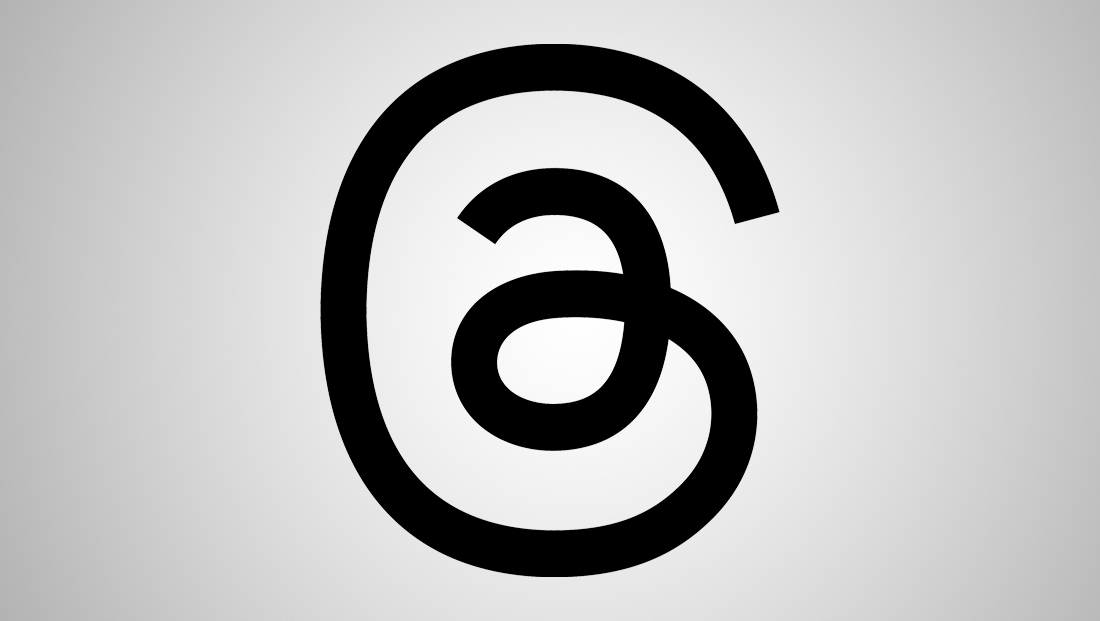Hashtags (sort of) come to Threads: How your newsroom can leverage them

Subscribe to NCS for the latest news, project case studies and product announcements in broadcast technology, creative design and engineering delivered to your inbox.
Threads, Meta’s social media platform that is widely seen as an alternative to X, formerly known as Twitter, has launched a long-awaited feature — something akin to hashtags that could help your newsroom’s use on the platform.
“Akin” is an apt description because, while this new feature operates similarly to hashtags, there are also some key differences.
First, they’re technically not called hashtags. Threads is calling them “topic tags.”
They, therefore, do not display the hashtag (“#”) symbol in them. This symbol is also known as the pound sign and is accessible via Shift+3 on most English keyboards.
Despite the lack of showing the hashtag, users still use the hashtag symbol to let Threads know they want to create a topic tag.
Typing a “#” turns the text in the thread blue and also triggers an autocomplete menu along with information about the number of posts with the same tag or a signal that it is a new topic tag.
Topic tags are also different from those used on other social media platforms in that they can be multiple words and contain special characters. In other words, you can use “2024 Election” instead of “#2024Election” to tag a post. You can also use “New Year’s Eve” instead of “#NewYearsEve.”
An example released by Meta shows a user typing “What is your book of the year?” with “book of the year” being the topic tag.
Like most other platforms, they are also clickable and show other posts with the tag.
There’s another key way topic tags are different from hashtags on other social media: You can only have one per post. Most other platforms allow users to include as many hashtags as will fit within the character limit of the post. That’s led to hashtag spam and the use of relatively useless hashtags such as “#JustSaying” that serve more to add context to the post itself rather than help tag the content.
It’s not entirely clear how capitalization or camel case affects topic tags. Some social platforms recognize “#TagA” and “#taga” as the same tag but may show them separately in autocomplete boxes. Some social media managers find capitalizing the first letter in each word of a hashtag helpful to make them more readable.
Because Threads topic tags support spaces, that issue is somewhat moot.
Of course, only being able to use one topic tag makes it much more of a thoughtful process to determine which one to use.
Limiting posts to one topic tag may appear as a smart move to help limit abuse and spam, but it’s also a slightly counterintuitive use of the concept of tags — which, in my apps and services, are designed to allow users to organize content by one or more labels. This can come in handy when, for example, there might be more than one name for a topic (think “2024 Olympics” and “Paris Olympics”).
Here are some workarounds to that:
- Carefully craft your Threads posts to contain variations of potential topic tags in the body of the message. For example: “The Paris Olympics will start in the Summer of 2024” followed by the topic tag “2024 Olympics.” While this won’t trigger the clickable function on “Paris Olympics,” it still could help your post surface on searches. Again, however, a search for the topic tag (as opposed to the plain text) of “Paris Olympics” may not be as likely to surface your post.
- Pay close attention to the trends on what hashtags are being used on both Threads and other social media platforms. Often at least one tag will start to become more popular than others. While this can vary from platform to platform, it’s still often useful to use other platforms to research what users are using for specific topics.
- Pick your one topic tag carefully. In some cases, it may be beneficial to have your content surface with a specific tag, such as “2024 Olympics.” In other cases, a broader one, such as “Sports” or “Olympics” might be better. This will largely depend on trends and what type of content you’re posting.
- Rely more on natural language topic tags.
- If your posting about a specific event, such as, for example, the “Anytown Santa Parade,” then it often will be better to use that tag.
- Test out different variations. You can even try posting variations of the same link to your profile using different topic tags and content and compare results, though it’s not entirely clear if Threads might consider repeated, similar posts or posts to the same URL as spam and somehow rank them lower, so be mindful of that.
There’s no doubt that this feature will continue to be tested, analyzed and theorized — as well as refined by Meta — over the coming days and weeks, so stay tuned.
Subscribe to NCS for the latest news, project case studies and product announcements in broadcast technology, creative design and engineering delivered to your inbox.




tags
social media, Threads, Twitter, X
categories
Broadcast Industry News, Featured, Social Media